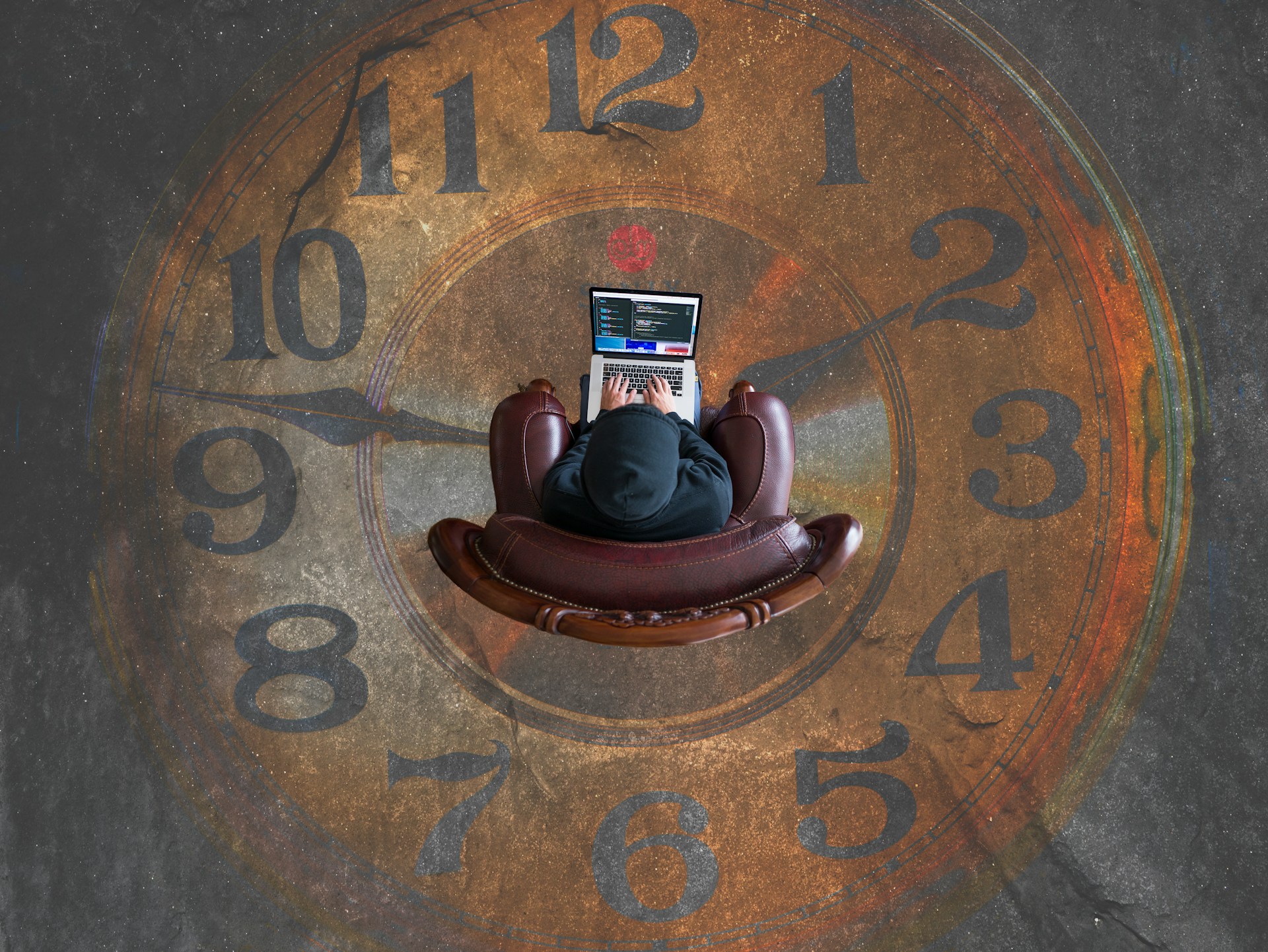Stress doesn’t always crash in, it creeps. You feel it in your shoulders at the end of the day, in the cluttered tabs on your screen, or in the way conversations start getting shorter and snappier. Life moves fast, and your nervous system doesn’t always get a say. But everyday stress is manageable, and more importantly, beatable. You don’t need a radical lifestyle change. You need friction-lowering habits, small behavioral levers, and smarter use of what’s already in front of you. The strategies below won’t remove pressure from life, but they will help you move through it with more ease and control.

Start by Noticing the First Signal
Stress doesn’t announce itself with alarms. It nudges. Maybe your focus slips faster, or you interrupt people more than usual. These early cues matter. The trick is to recognize when the slope starts tilting, before it becomes a full slide. Train yourself to catch those first signs by noticing when your breathing shortens, when you avoid decisions, or when your thoughts spiral quickly. These subtle shifts in stress response are your early warning system. You can’t defuse a reaction you haven’t spotted yet. Once you get better at noticing, you gain lead time, an enormous advantage in controlling what happens next.
Structure the Day Around Stability
It’s not the big events that wear people down, it’s the cumulative static. The way every small frustration stacks. That’s why daily rituals matter more than occasional getaways. Your morning routine, your break rhythm, even what you do after closing your laptop, they shape your stress tolerance. A short walk, consistent mealtimes, five minutes without a screen: these aren’t wellness clichés, they’re anchors. It’s not about perfection; it’s about predictability. You can lower your baseline tension by stacking calm into everyday routines that don’t demand extra bandwidth. These habits form the framework that holds up the rest of your day.
Stop Letting Your Calendar Dictate Your Pace
When stress shows up in your calendar, it’s often hiding as urgency. Everything feels like it’s due now. But urgency is often a design flaw, not a fact. Most people aren’t overworked, they’re under-scheduled in the wrong way. Batching deep-focus work, inserting buffers between meetings, and finishing the hard stuff when your mind is sharpest can flip that dynamic. Even short changes can buy you space to think clearly again. You don’t need a planner overhaul. Just test a few simple time management strategies that prioritize clarity over volume. Once the pressure stops bottling up, your brain performs better everywhere else.
Let Your Body Burn Off the Static
Stress isn’t just mental, it’s chemical. And your body doesn’t need a therapy session to reset; it often just needs to move. You don’t have to be athletic. You just have to shift. When you exercise, even lightly, it helps your system flush tension before it festers. This isn’t about gym goals. It’s about getting back to neutral. A short walk, a few pushups, or a stretch between calls all count. The point is to create a pattern: using movement to reset your system when mental clutter spikes. Physical activity offers one of the most reliable ways to de-escalate internally without needing to rationalize your way out.
Break the Loop With Mental Interruptions
Stress often plays on repeat. Same thoughts, same stories, same tensions. You need a way to cut the loop, not just analyze it. That’s where mindfulness comes in. No incense required. Just stillness and pattern disruption. It could be a two-minute breathing pause, a sentence repeated aloud, or a full stop between tasks. These moments of mental space change your relationship to the problem, even if the problem stays the same. Most people don’t lack time, they lack interruption points. Try finding a way to interrupt the stress cycle with mindfulness. Done consistently, it rewires how quickly your body turns the volume down on tension.
Remember You Don’t Have to Go It Alone
The myth of the “independent stress warrior” is just that, a myth. Humans offload emotion through connection. Talking to a friend, even about something unrelated, often lightens the emotional weight you’re carrying. This isn’t abstract; it’s biological. Shared laughter, perspective, and even silence with someone who gets it can reorient your nervous system fast. And it’s not about advice, it’s about proximity and presence. That’s why recharging through shared experiences does more than just feel good. It changes how you respond to challenges afterward. If your stress levels are climbing, check when you last had a real conversation that wasn’t about logistics.
Rethink Your Career Path If It’s Squeezing You Dry
Sometimes, stress isn’t a mood, it’s a signal. A signal that something foundational isn’t working anymore. If your job leaves you depleted daily or your tasks feel meaningless, it may be time to ask deeper questions. One powerful way to take control is by considering new professional directions. Going back to school isn’t just for fresh graduates. With the flexibility of modern programs, earning your degree online means you can build momentum without pressing pause on life. Check this out: Whether you’re drawn to psychology, business, or healthcare, the right program can convert restlessness into movement. It’s not just about a new credential—it’s about restoring a sense of direction.
Managing stress isn’t about waiting for less to land on your plate. It’s about learning to rewire how you carry it. The moments you step outside for five minutes, or say no when you’re used to saying yes, those aren’t small. They’re structural. Stress will keep showing up. But with better systems, it doesn’t get to run the show. You don’t need to master every strategy today. Pick one. Try it. Let it settle in. Then add another strategy when you’re ready. The goal isn’t to escape stress. It’s to build a life that knows how to metabolize it, smoothly, quietly, and with your rhythm intact.


